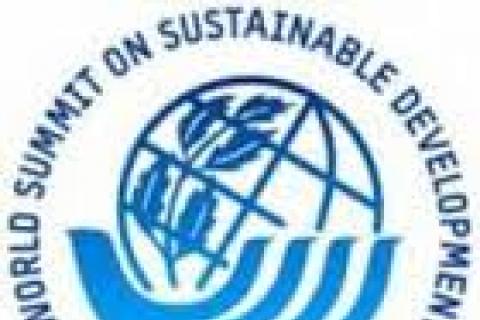More than ten years of negotiations between government officials, local community groups and non-governmental organisations (NGOs) have led to a draft community forest bill which would be Thailand’s first legislation recognising the legal status of communities living in and around Thailand’s National Forest Reserves to use, manage and protect their forests in co-operation with the Royal Forestry Department.
Other information
The rapid depletion of Filipino forests by logging, mining and settler encroachment was officially acknowledged as requiring a policy response in the late 1980s. The need to limit and regulate logging and to promote community forestry alternatives was accepted by government by the end of the decade. In 1990, the government adopted a Master Plan for Forestry Development which entailed an attempt to ‘scale up’ previous community-level initiatives in forest management.
The Indonesian NGO movement has been supporting CBFM start since 1995. The main message of the start-up phase was that most of the CBFM models that developed in a sustainable way were based on community wisdom, culture and custom.
Forests in Indonesia have been rapidly depleting since the 1960s when the practice became prevalent of handing out logging concessions to military commanders. Logging quickly expanded to supply cheap logs to the Japanese timber industry principally to produce plywood. Under heavy pressure from government-directed colonisation programmes forest loss escalated, a process further exaggerated by large-scale schemes, some developed with foreign assistance, to expand tree crops in ‘conversion forests’.
India’s experiments with Joint Forest Management (JFM) grew out of attempts by forestry officials to accommodate ‘tribal’ demands to manage their own forests. [The indigenous peoples of India are officially referred to as ‘Scheduled Tribes’]. Under JFM forests remain the property of the State under the jurisdiction of Forest Departments but local communities are contracted to manage the forests and retain a portion of profits from the sale of harvests.
The seed for the initiative on Good Forest Governance (GFG) in Asia was planted at the Forest, Trees and People Program (FTPP) meeting held in Daman, Nepal, April 2000. Partners at that meeting recognized the need to involve civil society more actively in community-based forest management (CBFM), as well as the possible roles of a regional association to support this process.
Two years later, the GFG seed began to germinate with the support of a Ford Foundation grant to the Regional Community Forestry Training Centre for Asia and the Pacific (RECOFTC) aimed at testing:
Recent changes in the Forest Policy of Tanzania (1998) and the forthcoming new Forest Act which further operationalises that Policy, have paved the way for several changes in the way that forest conservation might be achieved in Tanzania, including guidelines on the development of Community-Based Forest Management (CBFM) and Joint Forest Management (JFM). These changes also mean alterations in the potential roles of the Forestry Department, the local communities and various conservation NGOs.
Community forests are a new kind of mechanism of progressive local community responsibility for forest and forest resource management. So far, thirty-five community forests have been allocated by the Ministry of the Environment.
The results of management models developed so far have been discrete and limited, and experience is fairly recent. Most of them are still at a learning stage.
In most of the African countries, claims concerning community-based forest and natural resource management have arisen as a reaction to the repressive nature of natural resource laws inherited from Colonial times. Forestry laws in force in the post-Colonial period compromised local community rights to forest ownership. Licences and other forms of taxes so far unknown to local communities were imposed to control the exploitation of forest products that the local inhabitants had had free access to previously, either for their domestic consumption or for marketing.
Key trends among the plethora of early participatory forest management (PFM) developments have been observed. These include increasing empowerment of local communities in forest management, and emergence of these populations as a cadre of forest managers in their own right. It has been noted that this stems in part from local demand, crystallised through participation. It also arrives through recognition by forestry administrations of the heavy and perhaps needless time and investment incurred through sustained operational roles themselves and/or supervising community roles.
Conservation through the establishment of ‘National Parks’ was an idea born in the United States during the 19th century at a time when it was waging war on Indians and colonizing the ‘Wild West’. The world’s first National Park, Yosemite, was established on the lands of the Miwok people after a bitter war and was followed by the eviction of the remaining people from their land. Setting up the park at Yellowstone also triggered conflict with the local Indians. Nearly all the main National Parks in the USA today are inhabited or claimed by indigenous peoples.
Johannesburg, South Africa, 26 August - 4 September 2002
complete version of the report here

